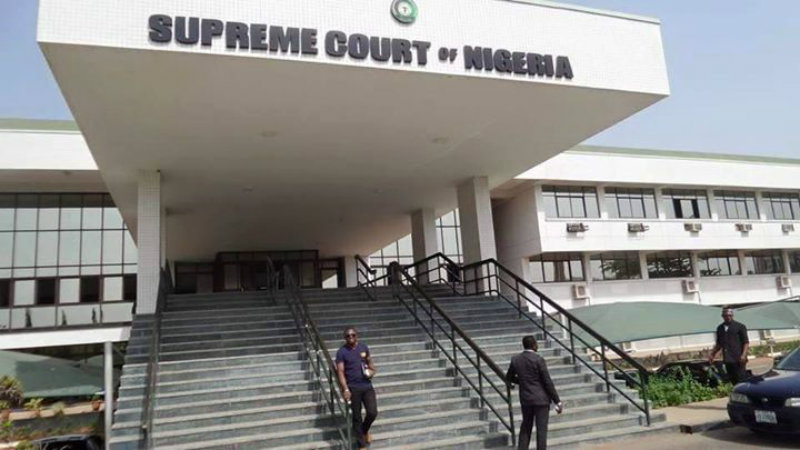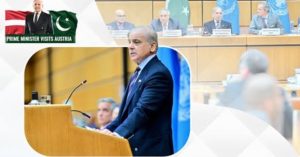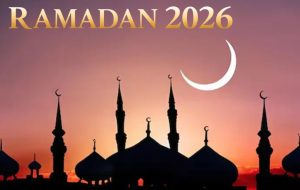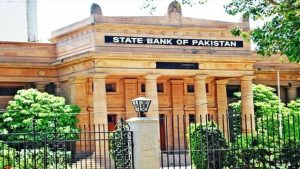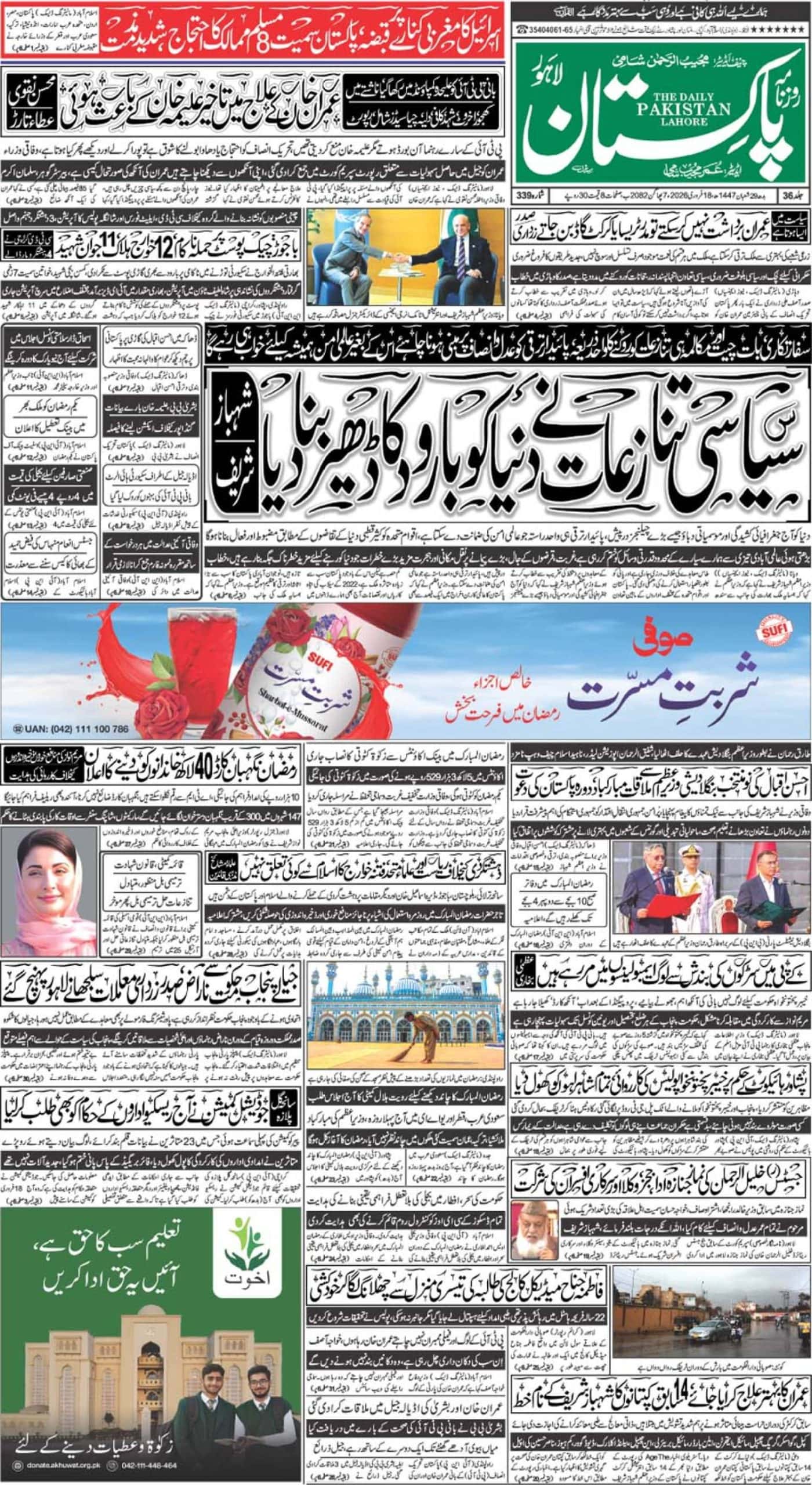ABUJA, Nigeria- Countries suffer from corruption when they lack strong institutions, like an independent judiciary and independent police.
While the countries seen as most corrupt tend to be in Africa and the Middle East, having weak legal and governmental systems and widespread poverty, the most populous African nation has taken stand against the corrupt institutions.
A Nigeria’s supreme court judge was charged yesterday with 15 counts of fraud, including money laundering.
Justice Sylvester Ngwuta, along with seven other Nigerian judges, pleaded not guilty to the charges on Monday. He was arrested last month after a raid on his home yielded cash and several different passports, the UPI reported..

Prosecutors also claim that Ngwuta attempted to conceal evidence in his home, including bags containing about $85,000 in cash.
“We object to bail being granted because we are of the opinion that the defendant may conceal or destroy evidence,” prosecutor Charles Adeogun Philips argued in Abuja Federal High Court, asking the judge that bail be revoked for Ngwuta.
The supreme court justice, though, was granted release on $317,000 bail until his trial, with assistance from the Nigerian Bar Association, according to the BBC.
The judges are not allowed to resume presiding over their respective courts, however, until at least the conclusion of their trials.

The raids involving Ngwuta and the other judges were motivated by suspicions of corruption, and follow a pledge by President Muhammadu Buhari last year during his campaign to fight corruption. He won election and took power in May 2015.
Nigeria ranks just outside the top 30 most corrupt countries in the world, according to Corruption Perceptions Index for 2015.
The African nations which are included in the ten most corrupt countries are: Somalia, Sudan, Angola, South Sudan, Libya, Guinea-Bissau, Eritrea, Burundi, Zimbabwe, Chad, and Democratic Republic of Congo.
In order to fight corruption, nations must build up a zero-tolerance for corruption, strengthen rule of law and offer no impunity to corruption, no matter who is accused.

